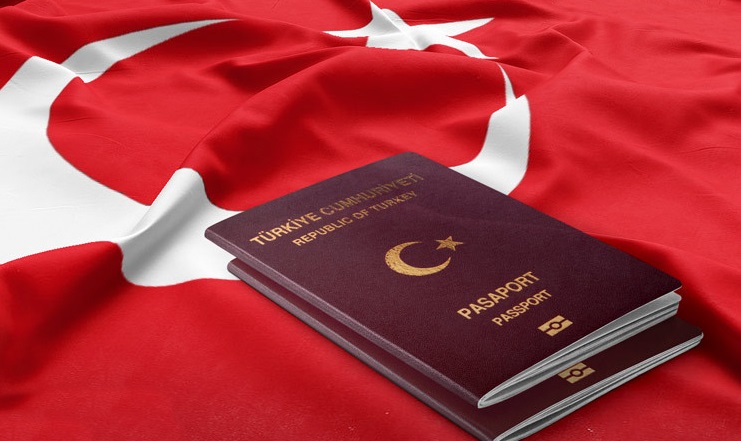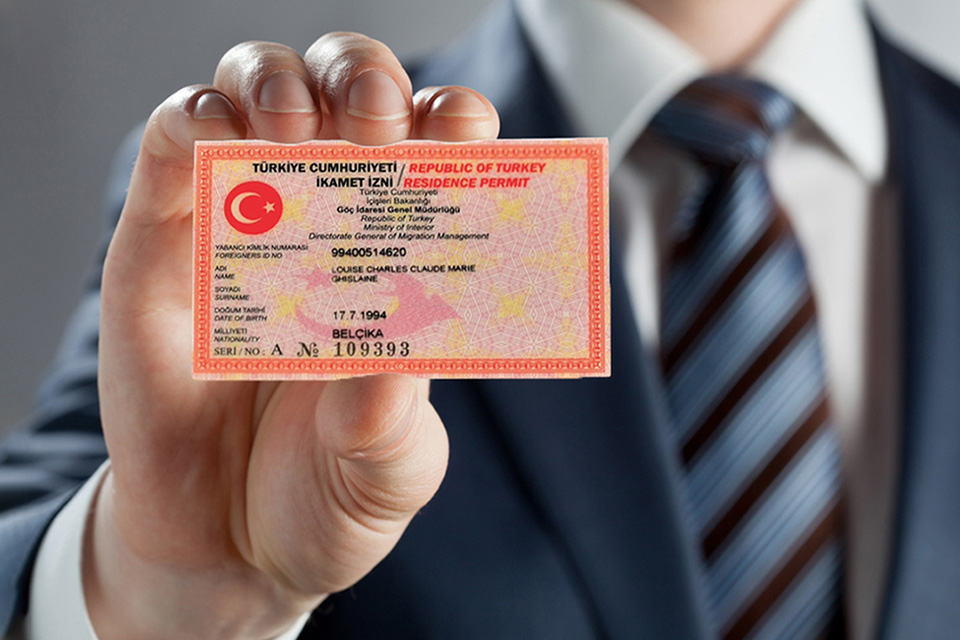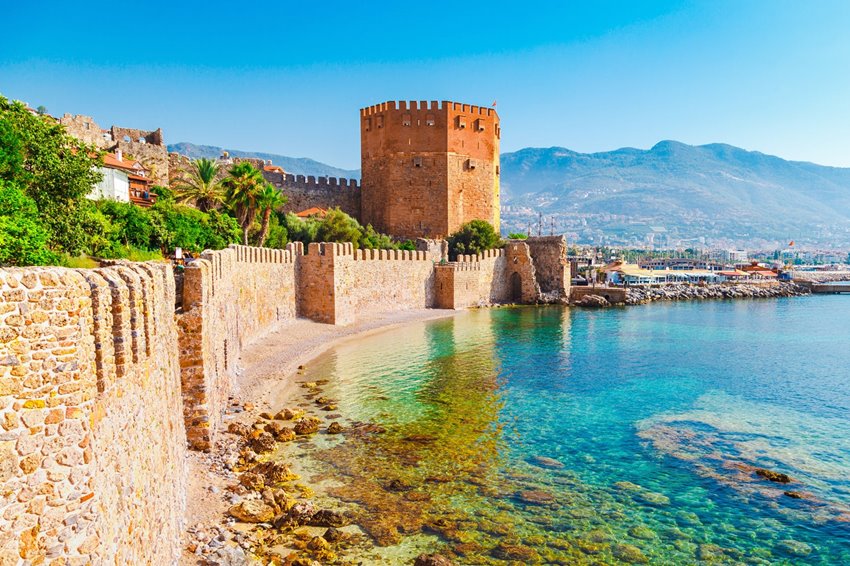
Turkey has become one of the top destinations for foreign property buyers, thanks to its strategic location, diverse landscapes, rich history, and welcoming atmosphere. Whether you’re looking to invest in a holiday home, a permanent residence, or a rental property, buying real estate in Turkey offers a range of benefits. However, navigating the property market in a foreign country can be challenging, especially if you’re unfamiliar with the legal and financial aspects. In this guide, we’ll walk you through everything you need to know about buying property in Turkey as a foreigner in 2024.
Why Buy Property in Turkey?
Turkey offers a unique blend of East and West, with modern cities, ancient ruins, stunning beaches, and mountain retreats. The property market in Turkey is diverse, with options ranging from luxury villas and beachfront apartments to charming countryside homes. Moreover, the cost of living and property prices in Turkey are relatively low compared to many European countries, making it an attractive option for foreign buyers.
Key Benefits of Buying Property in Turkey:
- Favorable Property Prices: Turkey offers a wide range of properties at competitive prices, making it accessible for different budgets.
- Citizenship by Investment: Investing in Turkish real estate can be a pathway to obtaining Turkish citizenship, with a minimum investment requirement.
- High Rental Yields: If you’re buying property as an investment, Turkey’s booming tourism industry offers the potential for high rental returns.
- Beautiful Locations: From the vibrant city life of Istanbul to the tranquil beaches of the Mediterranean and Aegean coasts, Turkey offers diverse locations to suit your lifestyle.
Step-by-Step Guide to Buying Property in Turkey
-
Research and Choose Your Location: The first step is to decide where in Turkey you want to buy property. Popular areas include Istanbul for city living, Antalya and Alanya for coastal properties, and Bodrum for luxury villas. Consider factors like climate, local amenities, and proximity to airports and transportation.
-
Set Your Budget: Determine how much you’re willing to spend. Keep in mind that, in addition to the purchase price, you’ll need to budget for additional costs such as legal fees, taxes, and maintenance.
-
Hire a Local Real Estate Agent: Working with a local real estate agent who understands the Turkish property market and speaks your language is crucial. They can help you find properties that match your criteria, negotiate prices, and guide you through the buying process.
-
Visit Properties and Conduct Due Diligence: Once you’ve identified potential properties, visit them in person if possible. It’s also essential to conduct due diligence, including verifying the property’s title deed, checking for any legal issues, and ensuring that the property is free of debts or liens.
-
Make an Offer and Sign a Preliminary Contract: If you find a property you like, you’ll need to make an offer. Once the seller accepts, you’ll sign a preliminary contract (sales agreement) and pay a deposit, usually around 10% of the property price. This contract should outline all the terms of the sale, including payment schedules and what is included in the sale.
-
Obtain a Turkish Tax Number: As a foreign buyer, you’ll need to obtain a Turkish tax number, which is required for all legal and financial transactions in Turkey. You can get this from the local tax office or through your real estate agent.
-
Open a Turkish Bank Account: You’ll need a Turkish bank account to facilitate the transfer of funds. This account will also be useful for paying utility bills and managing other expenses related to your property.
-
Final Payment and Transfer of Title Deed: Once all the legal checks are complete, you’ll pay the remaining balance, and the title deed (Tapu) will be transferred to your name. This process takes place at the Land Registry Office in the presence of the seller and buyer or their representatives.
-
Register the Property: After the title deed is transferred, you’ll need to register the property with the local municipality and set up utility services. This is usually a straightforward process but can vary depending on the location.
-
Consider Additional Costs: Remember to budget for additional costs such as annual property tax, earthquake insurance (compulsory in Turkey), and maintenance fees if you’re buying in a residential complex.
Legal Requirements for Foreign Buyers
Turkey has made it relatively easy for foreigners to buy property, but there are still some legal requirements and restrictions to be aware of:
- Title Deed (Tapu): Ensure that the property has a clean and registered title deed.
- Military Clearance: Some areas in Turkey require military clearance for foreign buyers, particularly if the property is located near military zones.
- Inheritance Law: Turkish inheritance law applies to properties owned in Turkey, which may differ from the laws in your home country.




